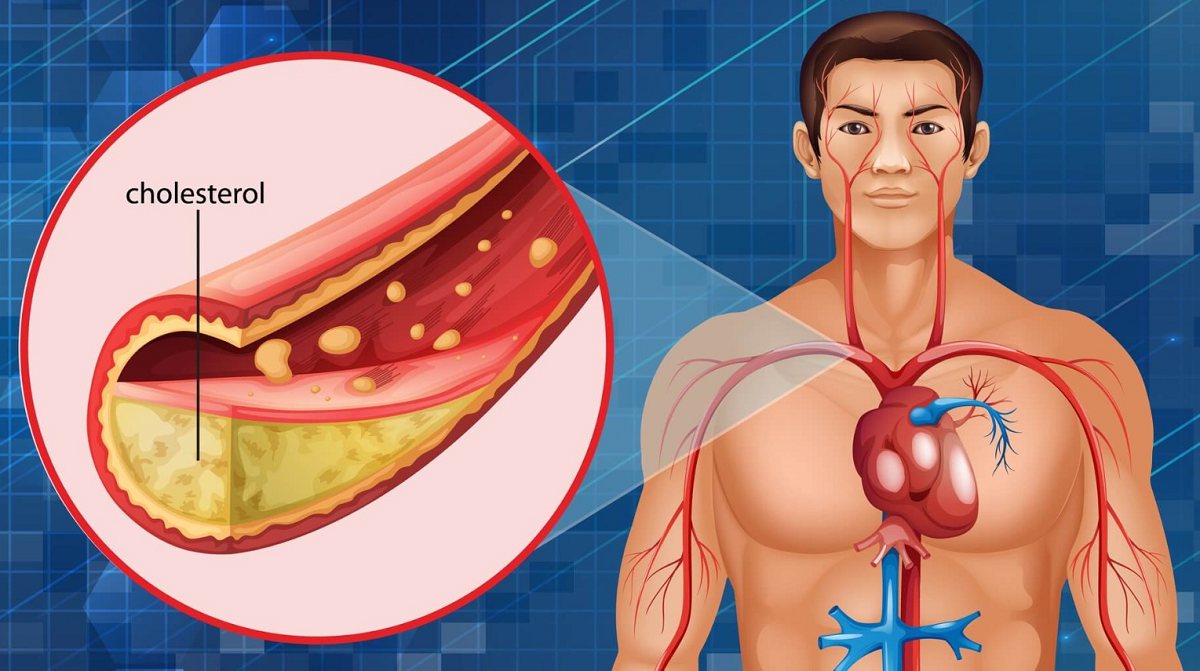The incidence of heart disease in young individuals has increasingly raised alarms in recent years. As reported by the Centres for Disease Control and Prevention (CDC), a person succumbs to cardiovascular disease (CVD) every 33 seconds. In the year 2022, heart disease claimed the lives of 702,880 individuals, which translates to 1 in every 5 fatalities. The World Health Organisation (WHO) indicates that CVDs represent the foremost cause of mortality worldwide, accounting for approximately 17.9 million deaths annually.
Caring for our heart is a crucial aspect of our daily routine, whether it involves diet, exercise, or lifestyle modifications. In a post dated June 25, Dr. Sanjay Bhojraj, MD, an interventional cardiologist, discussed the underlying causes of heart diseases. Let us explore the insights shared by the expert:
What is the underlying cause of heart disease?
Dr. Bhojraj emphasized that the primary factor contributing to heart disease is not merely the increase in cholesterol levels, but instead the presence of circulating LDL particles, commonly referred to as low-density lipoproteins, within our body. “It is not the quantity of LDL that matters. It is the factors that cause its damage,” he stated in the caption.
Tests to incorporate into your yearly health examination to identify issues
In a discussion with HT Lifestyle, Dr. Rajeev Vashisth, a senior consultant and cardiothoracic and cardiac surgeon specializing in vascular surgery at HCG Hospitals in Bhavnagar, highlighted the tests that individuals often overlook during their annual health check-up and emphasized that the ECG (electrocardiogram) does not provide a complete picture.
The following tests should be included in a comprehensive cardiovascular risk evaluation:
A lipid profile
Fasting blood sugar or HbA1c
Monitoring of blood pressure
Measurement of BMI/waist circumference
Additionally, an echocardiogram or stress test may be necessary on occasion, especially for individuals with a family history or symptoms such as dyspnoea or chest pain.



